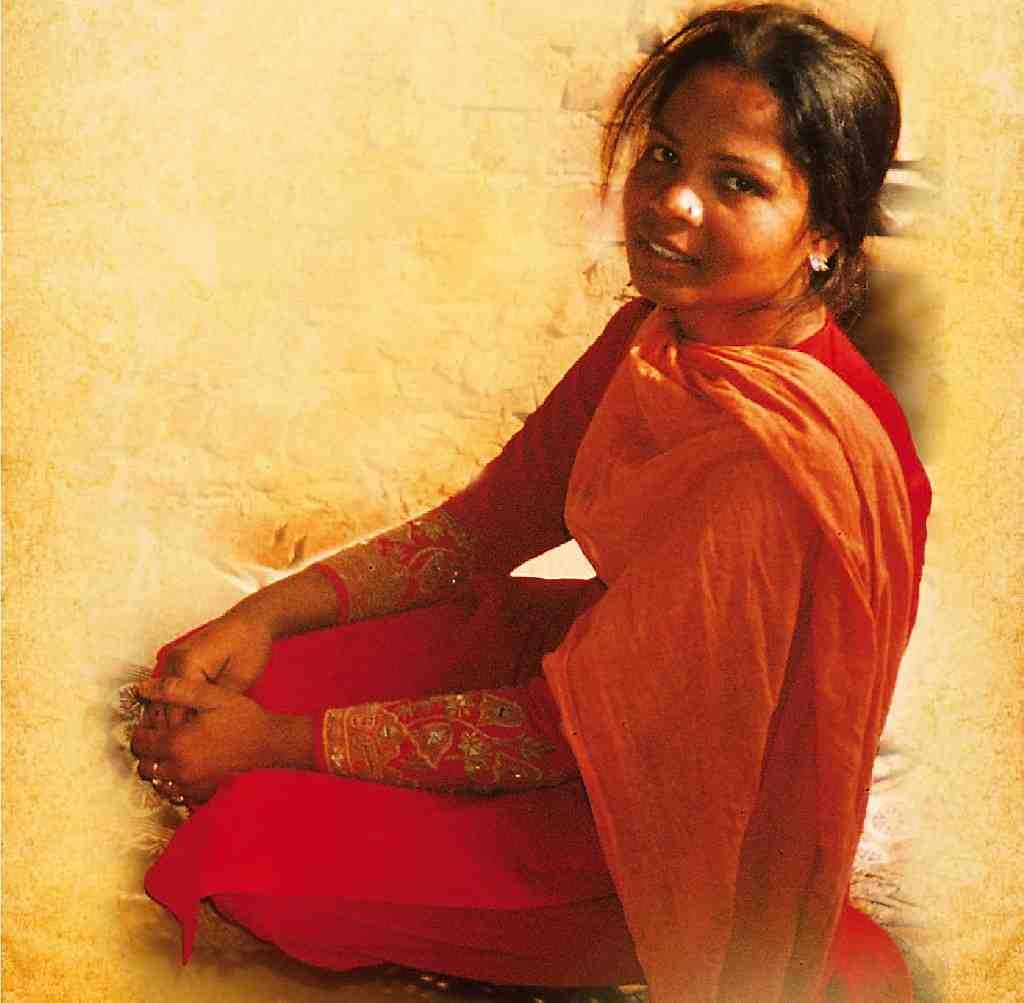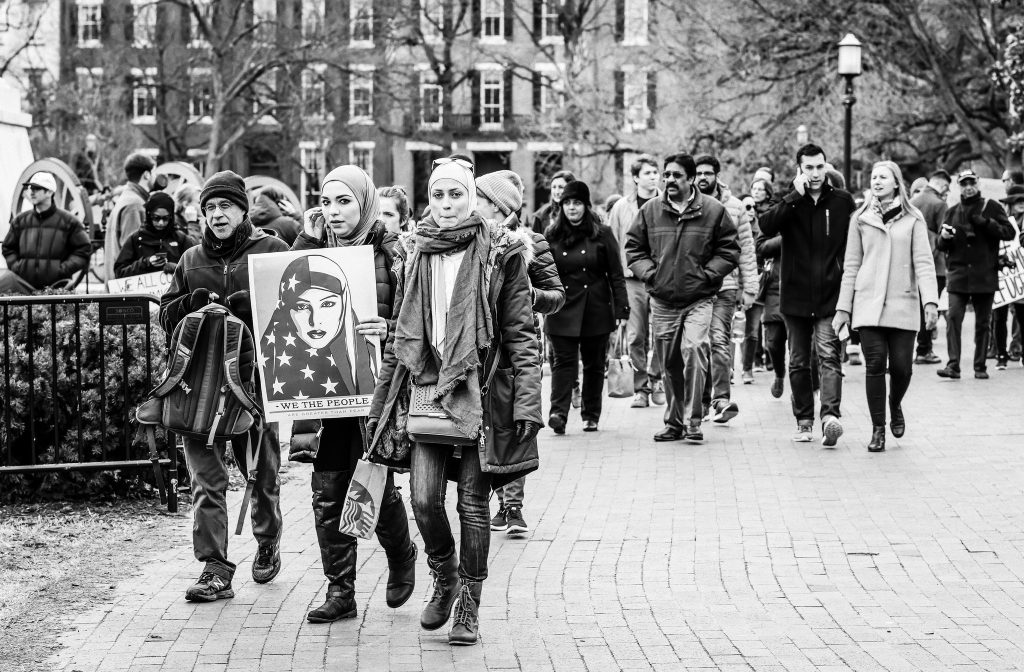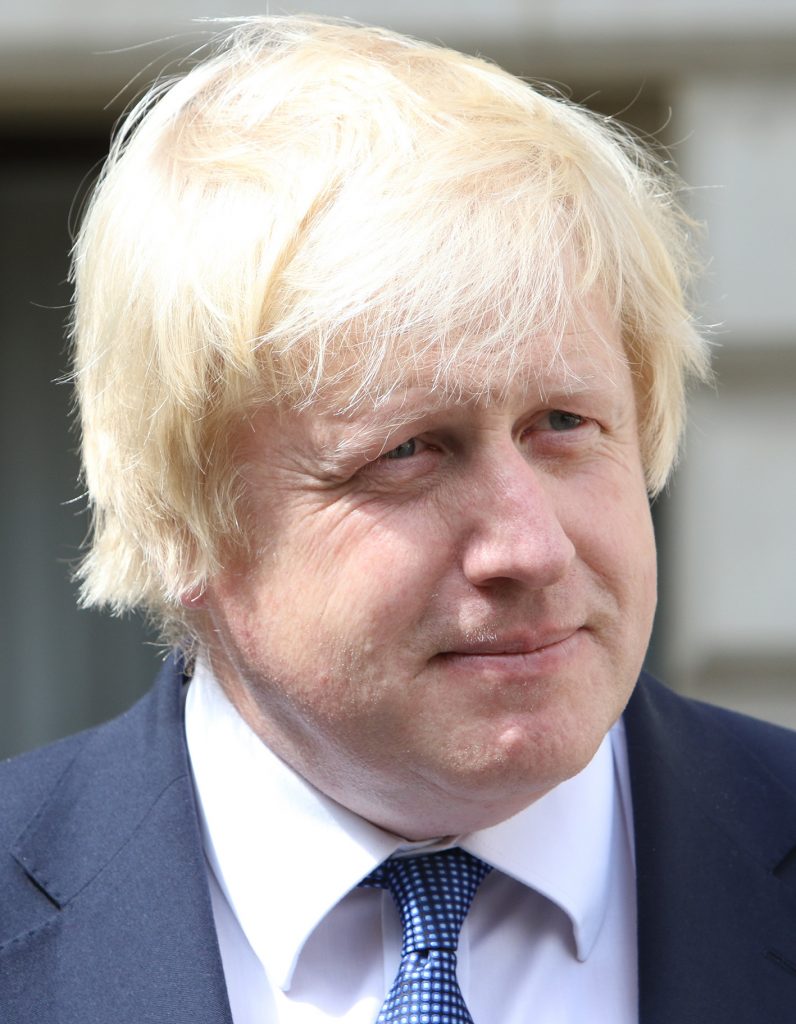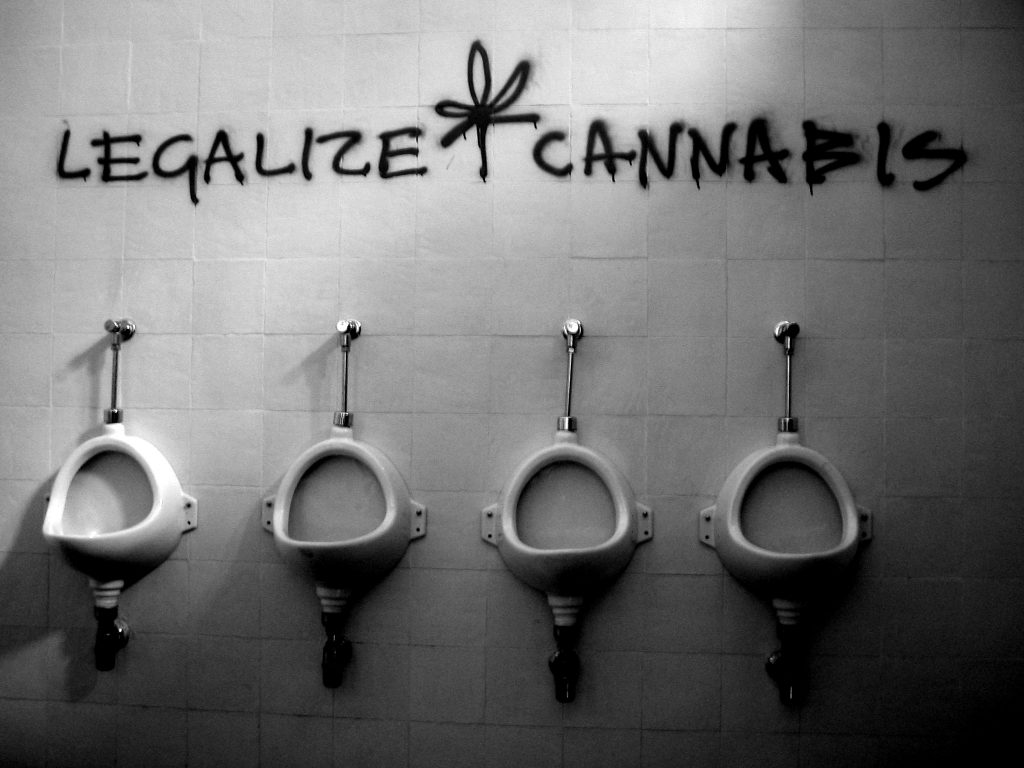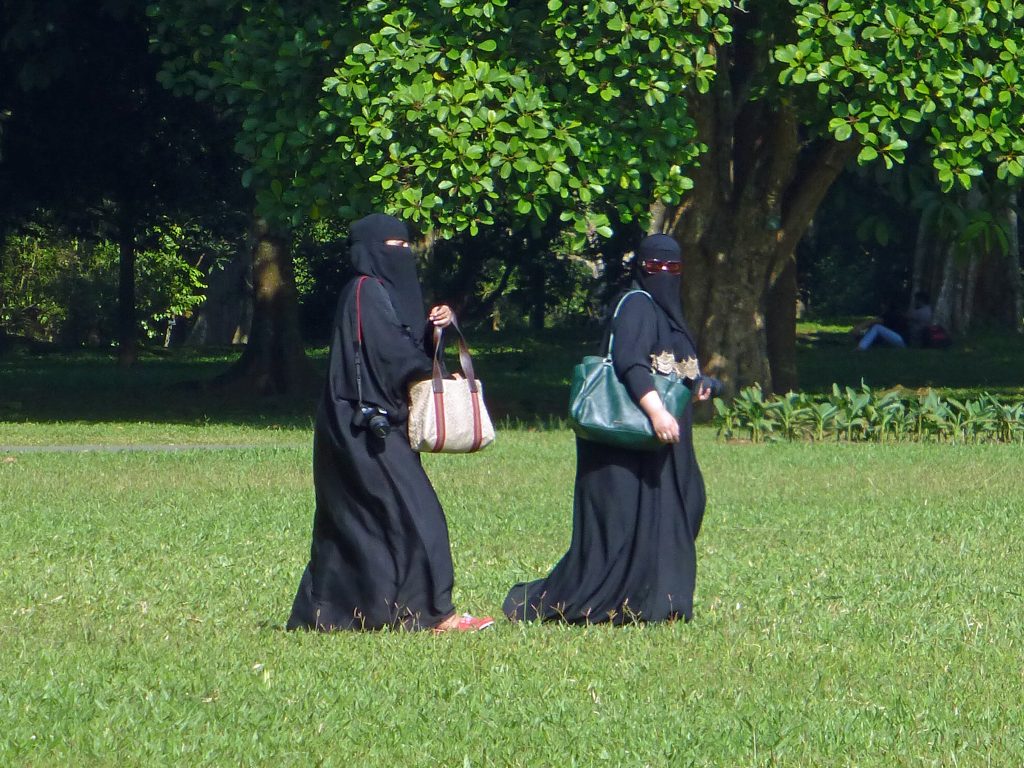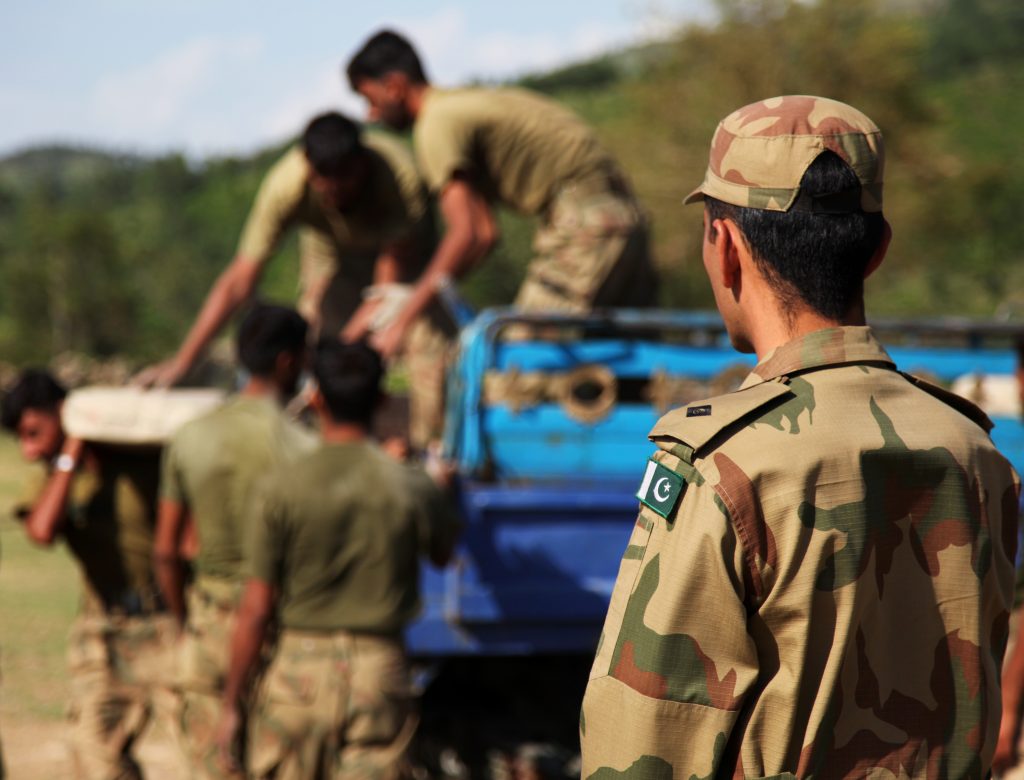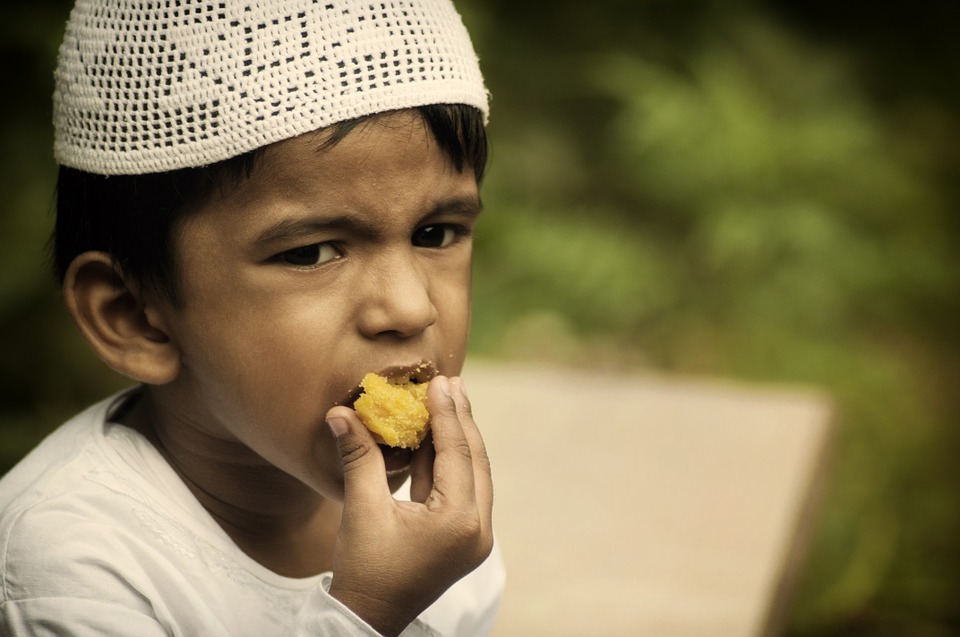By Saima Baig A strange thing has happened in the land of the pure, the bastion of Islam that is Pakistan. A woman imprisoned for almost nine years and who was on death row for blasphemy has been acquitted by the Supreme Court of Pakistan. The reason I call this strange is that in Pakistan — it is. The country’s infamous blasphemy laws are used willy-nilly to settle personal scores and it is very difficult to be absolved of this ridiculous crime. Plenty of people are languishing in jail…
The case of Jamal Khashoggi
By Saima Baig Saudi Arabia has been a repressive country with a regime that has oppressed almost everyone living there — other than rich men. The ruling monarchy has had to do this to ensure its survival. The country has been responsible for spreading its own brand of militant Islam all over the world. It has been able to do so because of the petrodollars it has distributed in the countries where it sends its religion and funds terrorists. It also buys weapons from the west and is an…
Sisterhood: Women in the East and West must both work together for equality
By Yasmine Mohammed This is a cross-post Like many of you, I grew up reading about historical heroines of the suffragette movement. Women who faced imprisonment, risked their lives, or even willingly gave their lives to bring attention to their plight. These were women who were on the outskirts of society. They were disrupting the status quo. They were a threat to order. Not only did men find them threatening, as their cause was in direct resistance to the male dominated society, but women were threatened by them as…
Blasphemy: Pakistan’s curse
By Saima Baig India’s British rulers first codified offences against religion in 1860, which were then expanded in 1927. When Pakistan become a separate country, it inherited these laws; and decided to keep them. In the 1980s, Zia ul Haq added more clauses to this ridiculous and frankly unnecessary law. Over the years, this law been used to put people in jail (Aasia Bibi has now been acquitted by a Pakistani court after being in jail for over seven years, with a death sentence hanging over her head). The…
The burqa represents an ideology that looks down on women
By Khadija Khan The ban on full face coverings came into effect in Denmark on August 1. Hardly anyone is focusing on the significance of this decision in the age of terrorist attacks. Instead, a large chunk of people seem to have bought into the fundamentalists’ claims that this move was aimed solely to bar Muslim women from veiling their faces. Non-Muslim protesters even wore burqas in ‘solidarity’ with Muslim women, standing on the wrong side of history by indirectly opposing the Muslim women who are defying the idea…
Is Imran Khan Pakistan’s Donald Trump?
By Yasmin Rehman Millions of Pakistanis voted in elections on July 25, resulting in victory for the leader of Pakistan Tehreek-e-Insaf (PTI), Imran Khan. Polling day, in line with so many days in Pakistan, was marred by Islamist violence. In the murky world of Pakistani politics, the run up to the elections was eventful, with allegations of pre-poll rigging, media censorship and the imprisonment of the former prime minister Nawaz Sharif on corruption charges. As I watched all this from the safe distance of the UK, I could not help but wonder…
The UK needs to legalise cannabis
By Saima Baig In the last few weeks or so, a fracas has unfolded in the UK media. Charlotte Caldwell, from Northern Ireland, had cannabis oil which was confiscated at Heathrow Airport, because it contains a psychoactive substance called tetrahydrocannabinol (THC – the psychoactive element in marijuana), high concentrations of which are illegal in the UK. The reason she had the oil was that her son Billy suffers from severe epilepsy and a doctor in Northern Ireland had prescribed it for him in 2017 – the first time someone was…
Is the Danish ‘burqa ban’ an infringement on Muslim women’s rights?
By Khadija Khan After France, Belgium, The Netherlands, Bulgaria, Austria and the German state of Bavaria, Denmark has become the latest European country to ban full veil in public places. The veil, or niqab, is the attire mostly worn by ultra-conservative Muslim women. The ban has been criticised for being an infringement on Muslims women’s right to practice their religion. The Danish government, however, claimed that it is neither religiously motivated nor an infringement on Muslim women’s rights. Nevertheless, the law has once again stirred up debate about the western…
Pakistan and the new East India Company
By Saima Baig “In the infancy of societies, the chiefs of state shape its institutions; later the institutions shape the chiefs of state,” said Charles de Montesquieu. This is certainly true for Pakistan where one particular institution, or at least its successive doyens, have played nine pins with every chief the country has had after the first decade of its existence. In the early days the army controlled the country blatantly through martial law, of which we have had plenty. It started to look as though that we had…
Making children fast in Ramadan demonstrates intolerant practices have made space in Muslim societies
By Khadija Khan It’s a sorry state of affairs that a large number of Muslims (both in the west and east) have become so consumed with extremist propaganda that they choose to blindly follow the craziest interpretations of religion. Women and children, however, become the greatest victim of this kind of extremism as they are required to obey the toughest conditions, even if that means physical or psychological harm to them. Inhumane activities such as the oppression of women, forced conformity with the fanatic rituals by adults and children,…

